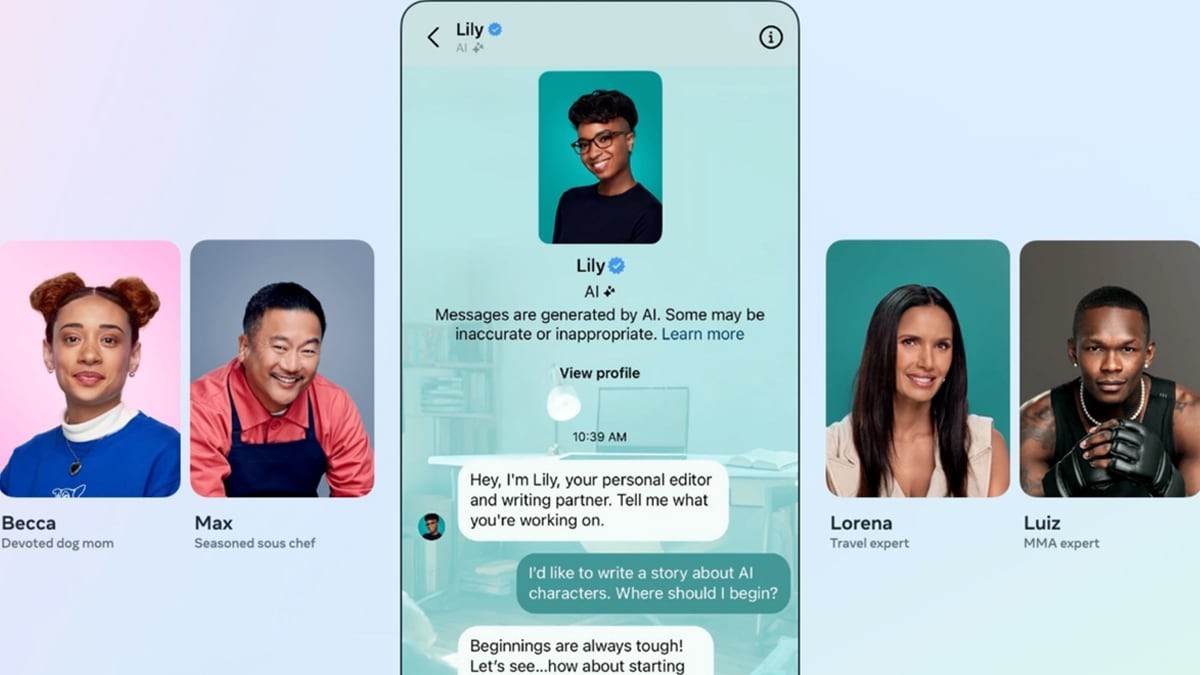
Meta, the parent company of Facebook and Instagram, has revealed plans to populate its social media platforms with AI-generated accounts that will interact with real users, marking a controversial shift in social networking.
According to Connor Hayes, Meta's vice president of product for generative AI, these AI bots will function similarly to regular user accounts - complete with profile pictures, biographies, and the ability to generate and share content. The company aims to integrate these artificial characters across its platforms, which currently serve around three billion human users.
The initiative comes after Meta's previous AI experiments, including short-lived celebrity chatbots featuring personalities like Snoop Dogg and Paris Hilton. While those were discontinued, Meta has since launched AI Studio, allowing users to create custom chatbots. The company reports "hundreds of thousands" of AI characters have been created, though most remain private.
This strategic move appears targeted at attracting younger audiences, who Meta believes are particularly interested in AI technology. However, the plan has drawn criticism from industry experts. Becky Owen, former head of Meta's creator team, warns that without proper safeguards, these AI accounts could potentially amplify false narratives.
The announcement comes at a time when Meta's platforms already face challenges with AI-generated content, including widespread "slop" - AI-created images designed to farm engagement. The company's pivot to AI follows its expensive and unsuccessful venture into the "metaverse," which resulted in substantial financial losses and layoffs.
Meta's broader AI ambitions include merging its research division with its generative AI team, as announced by CEO Mark Zuckerberg in January. The company aims to develop more AI features while pursuing the ambitious goal of creating artificial general intelligence.
As Meta moves forward with these plans, questions remain about user reception and the potential impact on authentic human interaction - the original foundation of social media platforms. The success of this initiative may determine whether social networks evolve into spaces where artificial and human users coexist, or if users will seek alternative platforms for genuine human connection.